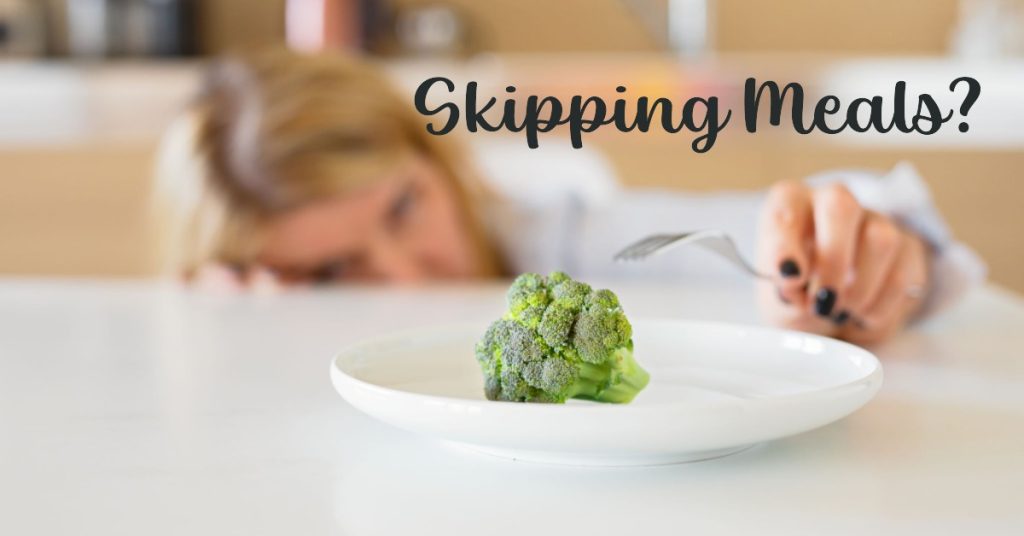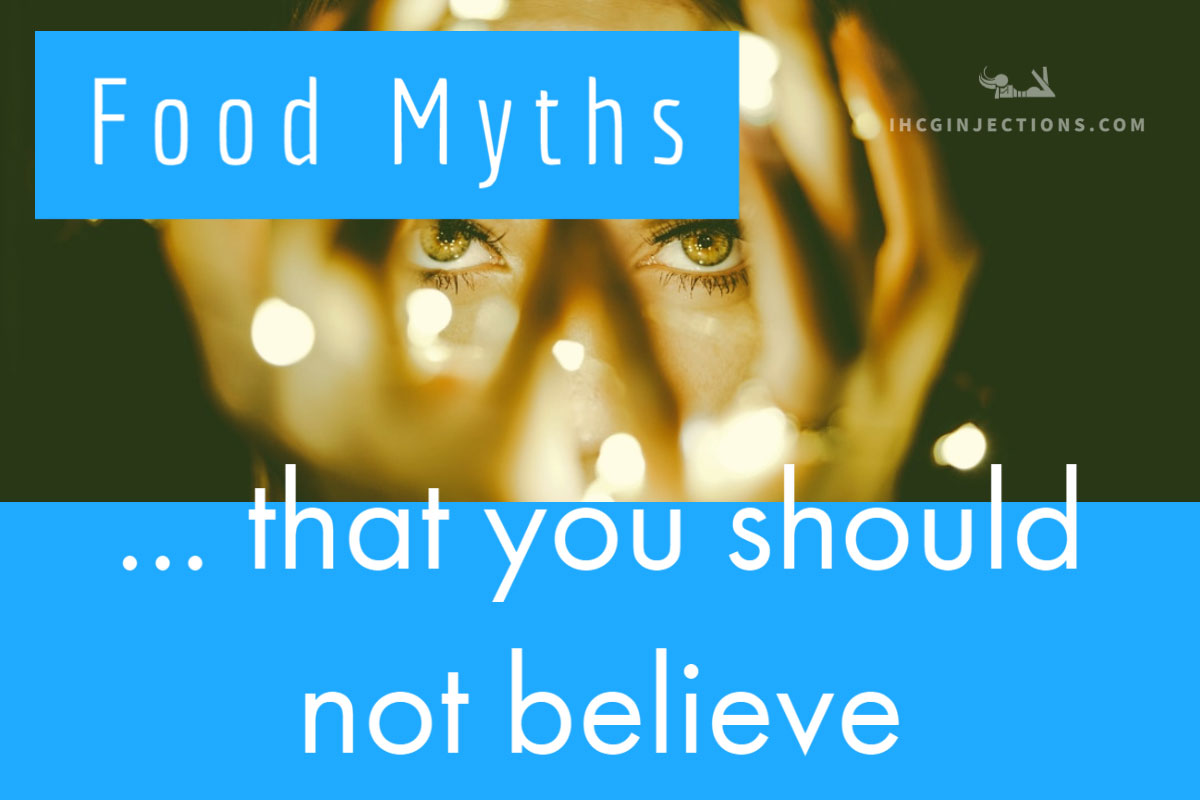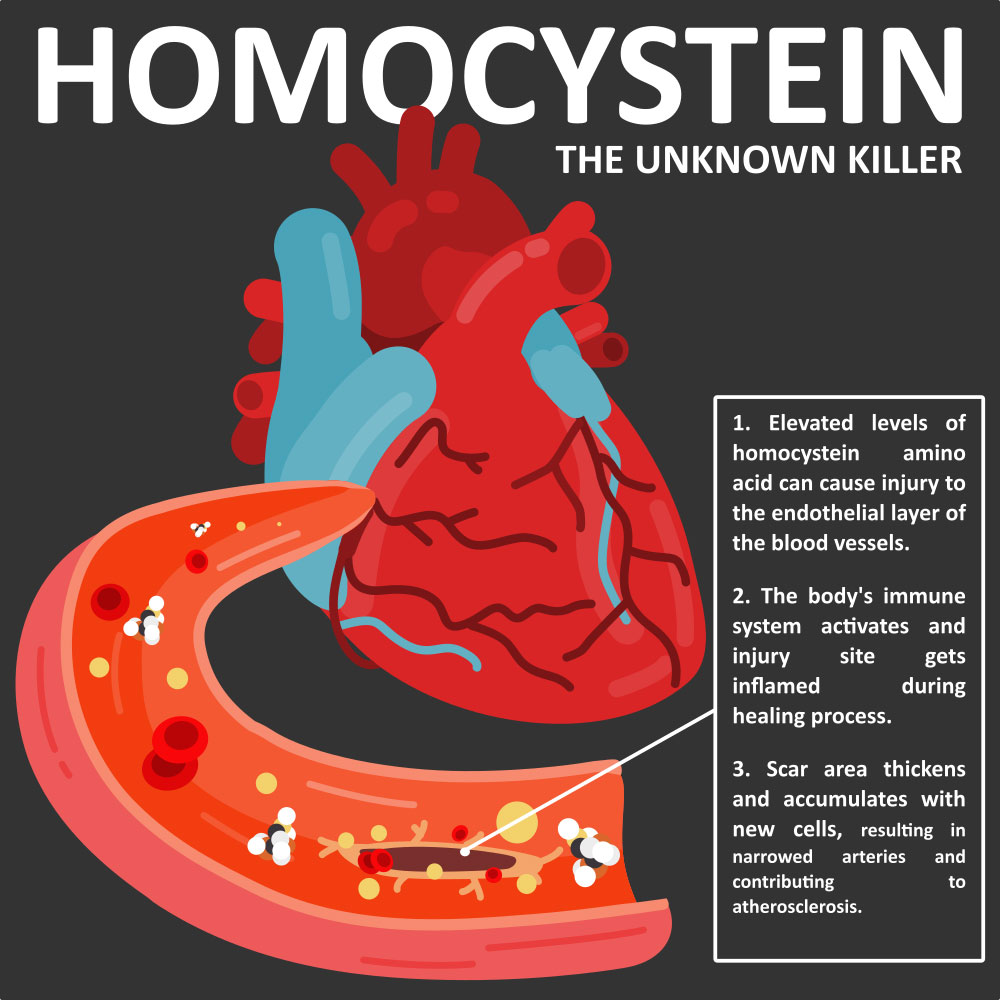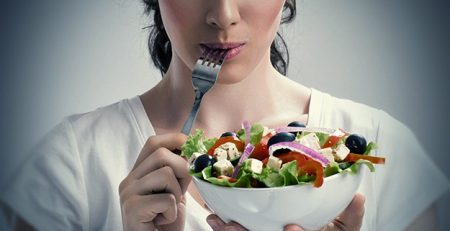Food Mythbusters: Setting the Record Straight on Nutrition and Health
Ahoy, intrepid food enthusiasts! In this bustling buffet of information we call the internet, countless food myths have spread faster than a tub of margarine’s shelf life. As bonafide culinary detectives, it’s our duty to burrow into the depths of these tantalizing tales and determine what’s fact or mere folklore.
Good news! You’re not on this quest alone. With an unwavering commitment to accuracy and truth-finding, we aim to emphasize the importance of reliable nutritional information for our overall health1. Together, you and I shall embark on a gastronomical adventure ripe with discoveries that would put Sherlock Holmes’ skills to shame.
“Our mission is clear: Debunk common food myths one delectable morsel at a time!”
By illuminating commonly held misconceptions surrounding our beloved consumables, our journey will empower every reader with knowledge—because wisdom is power when it comes building a balanced diet for your body!
So grab your magnifying glass (or just stare intensely at your screen) as we dive right into the deliciously dark underworld of food myths waiting to be debunked.

Food Myth 1: Carbohydrates are Bad for Your Health
The belief that carbohydrates are the enemy of a healthy lifestyle can be attributed to the rise of popular low-carb diets, such as the Atkins and Keto, which have put the spotlight on carbs as primary culprits in weight gain and other health issues.
However, it’s essential to understand that carbohydrates fall into two main categories: simple and complex carbs. Simple carbohydrates primarily come from processed foods and include sugars found in soft drinks, candy bars, and baked goods; while complex carbohydrates are naturally occurring in whole grains, legumes, fruits, and vegetables.
Complex carbs play a significant role in a healthy diet due to their slower digestion rate, helping maintain stable blood sugar levels without sudden spikes or crashes. Additionally, high-quality fiber-rich carbohydrates like whole grains provide essential nutrients such as vitamins and minerals necessary for optimal health.
The reality is that not all carbs should be painted with the same brush. While excessive consumption of simple sugars can lead to weight gain or increased risks of heart disease (among other problems), demonizing all types of carbohydrates based on these negative implications would sweep under the rug numerous benefits associated with fibrous plant-based foods. Ultimately, understanding different carb sources is key to making informed dietary choices for maintaining overall well-being without sacrificing this important nutrient group.

Myth 2: Fat-Free Foods are Always Healthier Than Full-Fat Versions
Ah, fat-free foods—dramatic pause—the long-standing saviors of waistlines everywhere! At least, that’s what many would like us to believe. Contrary to popular opinion, these seemingly innocent products galloping across your supermarket aisles with a “Zero Fat” label aren’t all they’re cracked up to be.
2 Month HCG 5000 IU Incl. Mixing Supplies
Original price was: $230.00.$179.00Current price is: $179.00. Buy NowYou see, when food producers brave the treacherous territory of removing fats from their treats, something must give. Unfortunately for our taste buds (and health), that means pumping these now flavor-deprived products full of sugars or other additives in an attempt to keep them remotely palatable. “Et voilà!” A Frankenstein food creation has emerged before us!
If you think going fat-free is doing your body good—it’s time for a reality check. Studies have shown that certain healthy fats, such as omega-3 fatty acids found in nuts and fish oil, play crucial roles in bodily functions and cellular health1. They help reduce inflammation and even lower the risk of heart disease2.
So how can one gracefully waltz past this myth into the warm embrace of healthy fats? Fear not—that very answer lies here:
- Embrace avocados or munch on some walnuts dressed as tiny top hats.
- Indulge in the occasional slice of wild salmon performing a synchronized swim routine on your dinner plate.
In other words,_ incorporating_ healthy sources of fat into your diet is essential for optimal well-being.
But wait! It wouldn’t be fair if we didn’t introduce you to the different types of fats lurking around: saturated (found primarily in meat and dairy products), unsaturated (sourced predominantly from plant-based foods), and cue ominous music trans fats—the villainous offspring born from hydrogenating unsaturated fats. Think twice before diving into that tub of trans fat-filled margarine!
In conclusion, while we adore a good food fable as much as the next person, it’s time to bid adieu to the myth that fat-free foods are always healthier. Your body needs some fat—even if it doesn’t wear a cape or possess other heroic qualities!

Myth-3 Skipping Meals Will Help You Lose Weight Faster
The tale is old as time, and countless people have attempted to dance with the devil that goes by the name of “Skipping Meals” to lose weight faster. But as tempting as it may sound, this quick-fix solution is more likely to throw cold water on your weight loss journey.
Fair warning, dear reader! Let’s venture through some pesky consequences associated with skipping meals:
- Nutrient deficiencies: When you snub meals, you risk missing out on essential nutrients_1_. Good luck battling that inevitable fatigue!
- Metabolism status quo: It’s not ideal, but studies have shown that skipping meals can lead to a decreased metabolic rate2. And there goes our calorie-burning capability—poof!
Astonishingly (or perhaps not so), research has linked regular eating patterns with sustaining a healthy weight3.
So, one may wonder: “How do I maintain balanced eating habits throughout the day?”
Ah, an excellent question from our esteemed readership! Here are some strategies:
- Ditch extremes and embrace the art of moderation: Remember that little gluttony never hurt anyone.
- Tango with time: Explore concepts such as Intuitive Eating or listening to your body’s hunger signals.
- Schedule mealtimes: Consistency does wonders for holistic health; give it a whirl!
In conclusion, crossing paths with mighty myth megastars like Skipping Meals might seem attractive in theory—but pause before diving headfirst into meal deprivation strategy. Weight loss takes more than missed breakfasts or lunches; approach it calmly and conquer sustainably for long-term success_4_.
Myth-4 Microwaving your Food Makes it Less Nutritious
Gather ’round, friends, let’s bust this myth that has plagued many a microwave user: does zapping food into submission turn nutritious dinners into lifeless, nutrient-deprived imitations?
First things first—how do microwaves operate? Well, these culinary contraptions use electromagnetic waves to agitate water molecules in your foods. The high-speed vibration generates heat and cooks the dish from within. It’s like a dance party for your dinner!
“Aha!” you might exclaim. “The process surely zaps away those precious nutrients.” Not so fast! You see, dear readers, microwaving can preserve more nutrients than other methods like boiling. Reduce cook times and less water usage keep more vitamins intact—oh my!
The lesson here: Don’t throw your microwave baby out with the proverbial bathwater.
Of course, we shouldn’t send anyone packing without sharing some trusty microwaving techniques:
- Cover up: Use microwave-safe lids or wax-paper to lock in moisture.
- Stir it well: Mix foods periodically for even cooking—even distribution is key!
- Temperature tango: Adjust power levels according to food types for optimal results.
In conclusion: resist vilifying our trusty countertop companion—the mighty Microwave Oven. For it may very well emerge as an unsuspecting hero in preserving our suppers’ nutritional value.
Myth 5: Gluten-free Diets are Healthier for Everyone
Those dastardly gluten molecules have taken quite a beating in recent years, haven’t they? The growing popularity of gluten-free diets would have us believe that gluten is the nemesis of our gut’s fairytale life. But is it really beneficial to ditch this protein found in wheat, barley, and rye?
To separate the chaff from the wheat, allow us to introduce you to celiac disease—a condition where ingesting even fairy-sized sprinkles of gluten results in damage to the small intestine 3. In such cases, going gluten-free is more than just a trend—it’s an essential prescription for better health.
However—plot twist—for those without celiac disease or non-celiac gluten sensitivity, a blanket ban on gluten isn’t necessarily healthier. Studies show that consuming whole grains (yes, including those that contain gluten) can reduce risks of heart disease and diabetes.
“The moral of the story: It’s essential to understand your body’s needs rather than blindly following food trends.”
As we conclude this delightful gastronomical journey through myth-busting land remember, my dear reader:
- Nutrition knowledge is power — fuel yourself with accurate information!
- Continue exploring the ever-evolving world of healthy eating
- Always fact-check your food myths before diving into that delicious bowl of misconceptions
This way, we all become culinary critics armed with truth forks and validation knives ready to savor each meal while leaving misinformation behind like breadcrumbs!
Conclusion
And so, dear reader, we’ve reached the end of our delectable journey through the murky realm of food myths. Let’s recap what we’ve unearthed:
- Carbohydrates: A misunderstood bunch with simple and complex twists that play an essential role in well-balanced diets.
- Fat-Free Foods: Not always the healthier choice (trivial pursuit-type fun fact to share at parties).
- Healthy Fats: It turns out some fats deserve red carpets — omega-3s, anyone?
Doffing our collective hats to this newfound knowledge, I implore you to be an advocate for continuous learning about nutrition and healthy eating practices! You see, a wise person once said…
“Nutrition is not just for the body; it’s nourishment for both body and soul.“
So accept this challenge as your personal quest: Avoid spreading misinformation and always perform a digital double-check before believing those pesky food myths hiding under every nook and cranny on the internet.
Now go forth with this food-full wisdom by your side—and bon appétit!

Health nut turned blogger, spreading the wellness bug with a side of humor. Dishing out nutritious advice, fitness antics, and wellness wisdom, all while keeping health journeys as fun as a barrel of kale!











